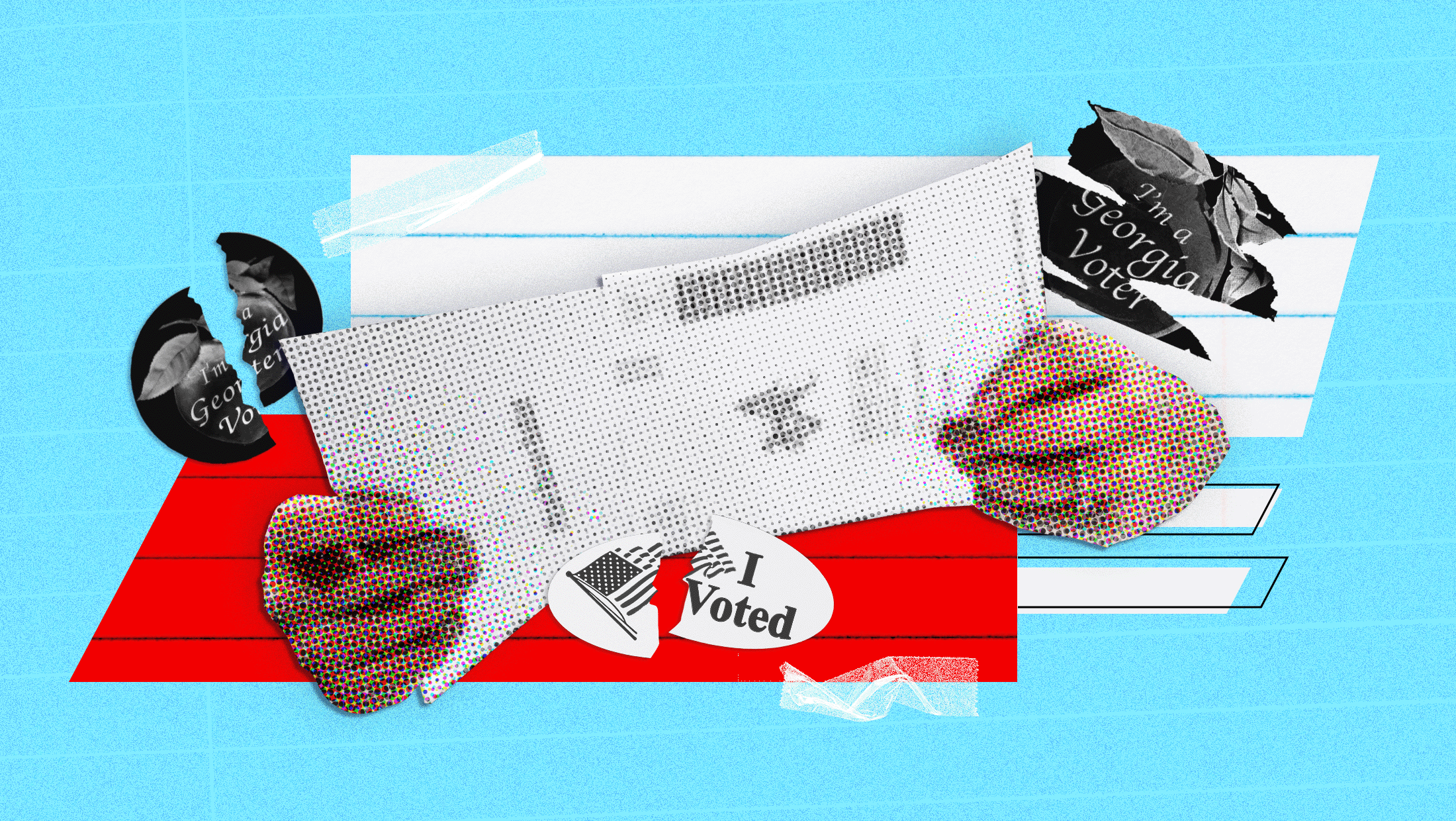What You Need To Know About Voter Roll Maintenance
Since 2020, U.S. states have stripped millions of voters deemed ineligible from voter rolls and will almost certainly remove more. Usually, this isn’t cause for alarm.
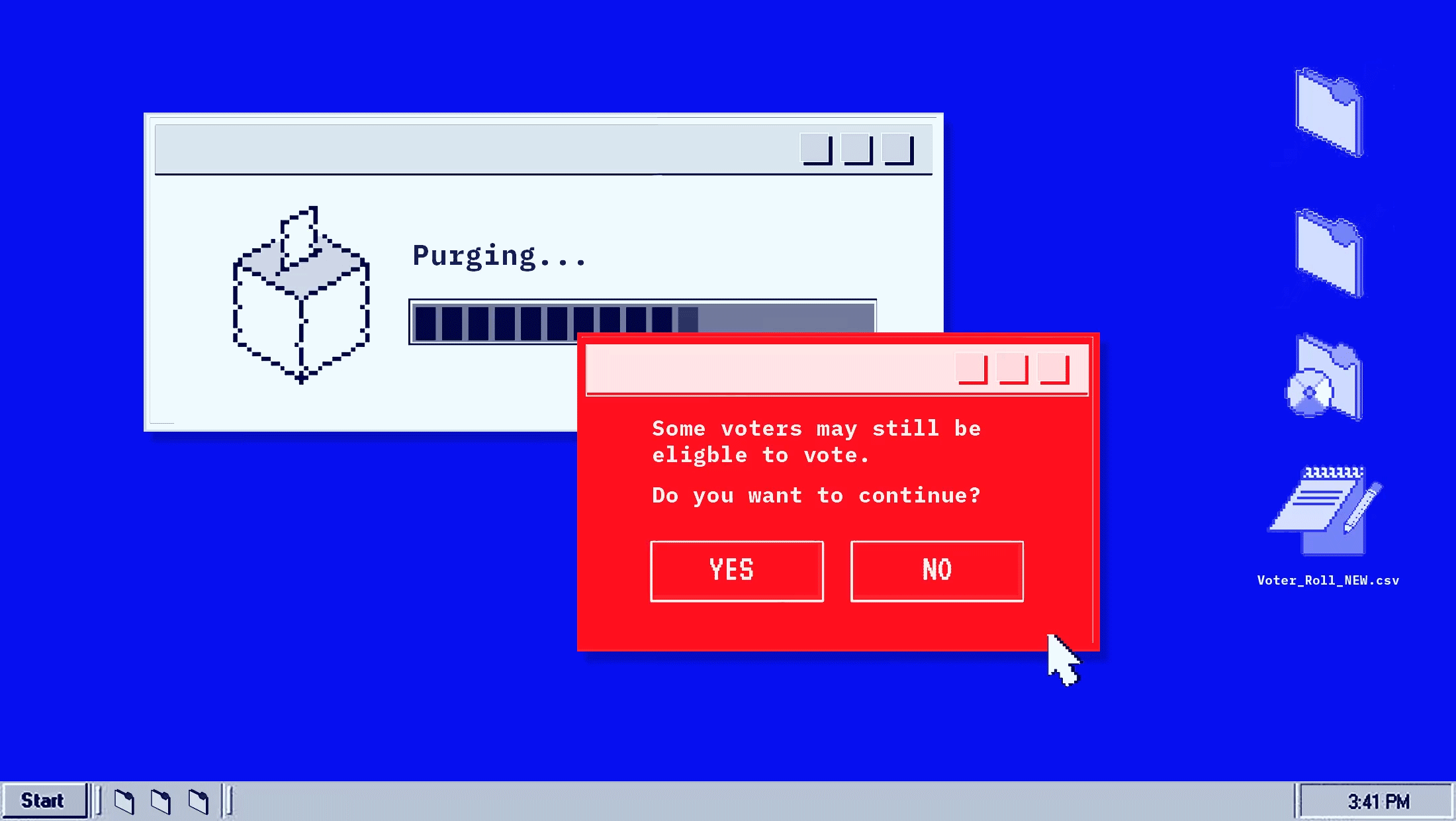
Since 2020, U.S. states have stripped millions of voters deemed ineligible from voter rolls and will almost certainly remove more. Usually, this isn’t cause for alarm.

Hurricane Helene ravaged multiple southern states last week, leaving significant damage in its wake, with only a month until the 2024 election.

Forty-two candidates across six battleground states were recruited to run for office against election deniers in their communities.

Only 23 states and Washington, D.C. offer same-day voter registration, which allows voters to register to vote and then cast a ballot on the same day. “Same-day registration makes voting more accessible and encourages voters to participate in democracy,” said Carolyn DeWitt, president and executive director of Rock the Vote. Studies have shown that this […]
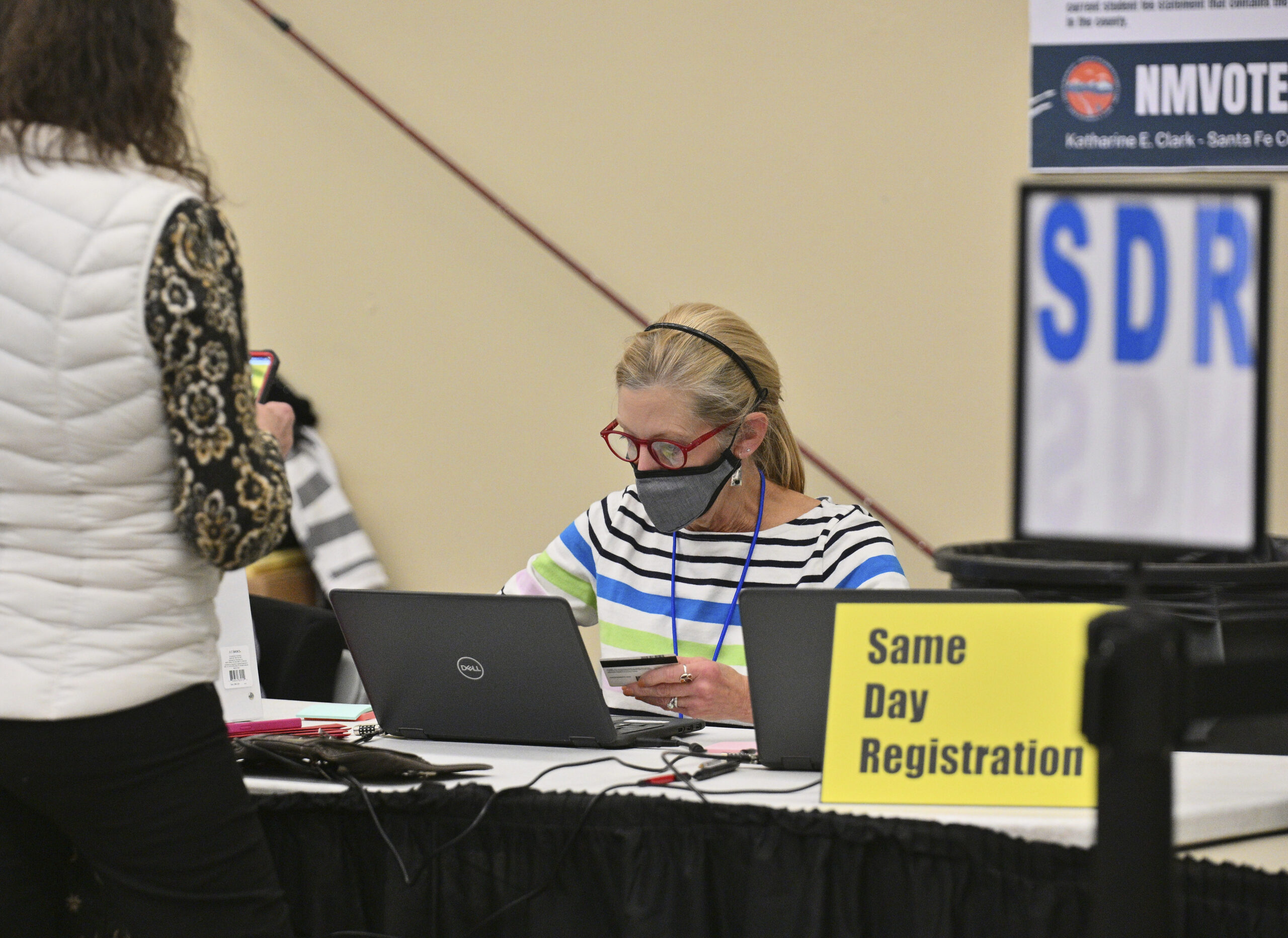
North Carolina and Pennsylvania are among ten states that will hold state attorney general elections this November.
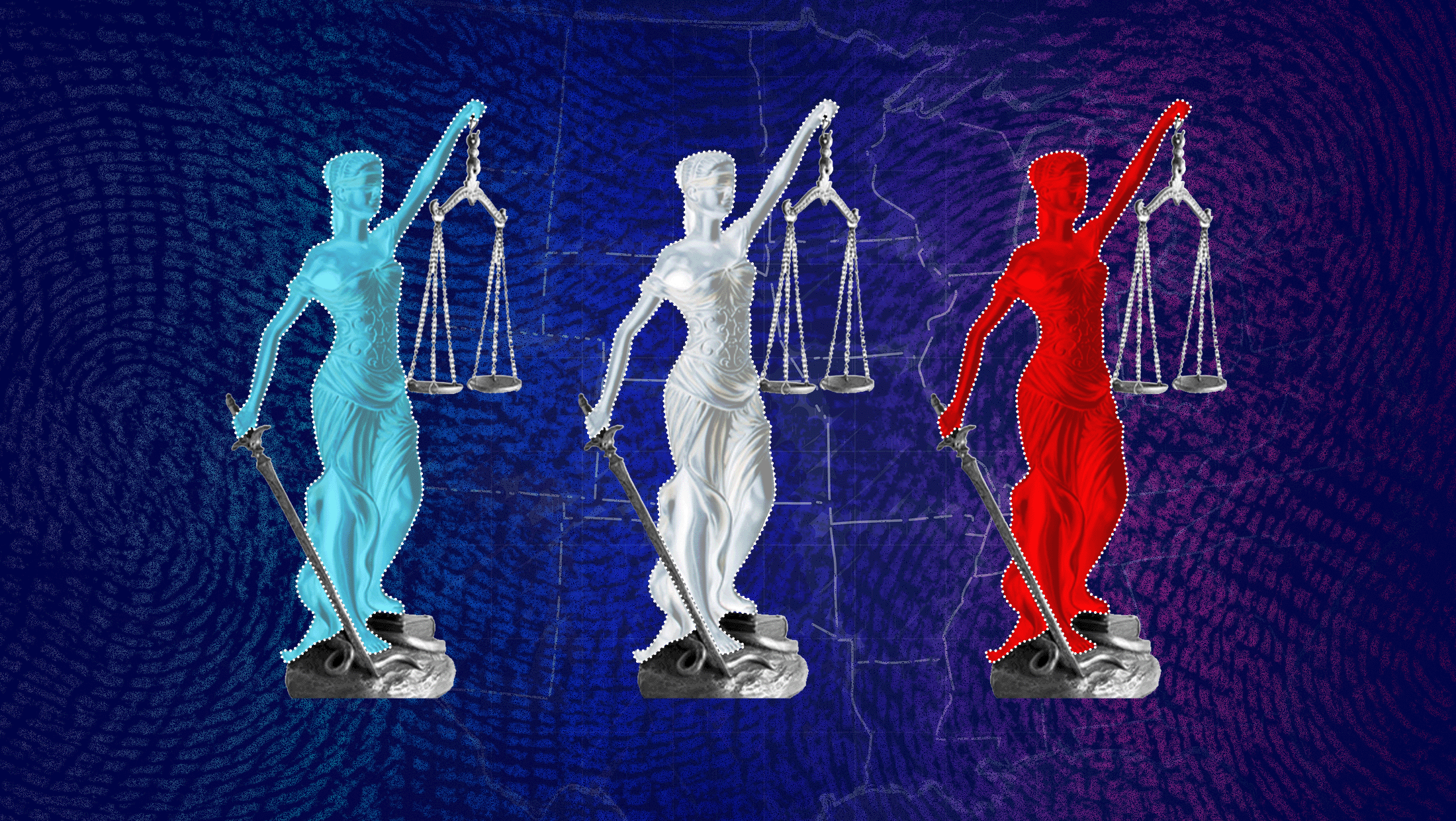
As Donald Trump and his campaign embark on their “Agenda 47” tour, many aspects of Trump’s plan are already playing out across the country.

Former President Donald Trump and his fellow Republicans have switched their positions on mail-in voting so many times that it would give any voter whiplash.
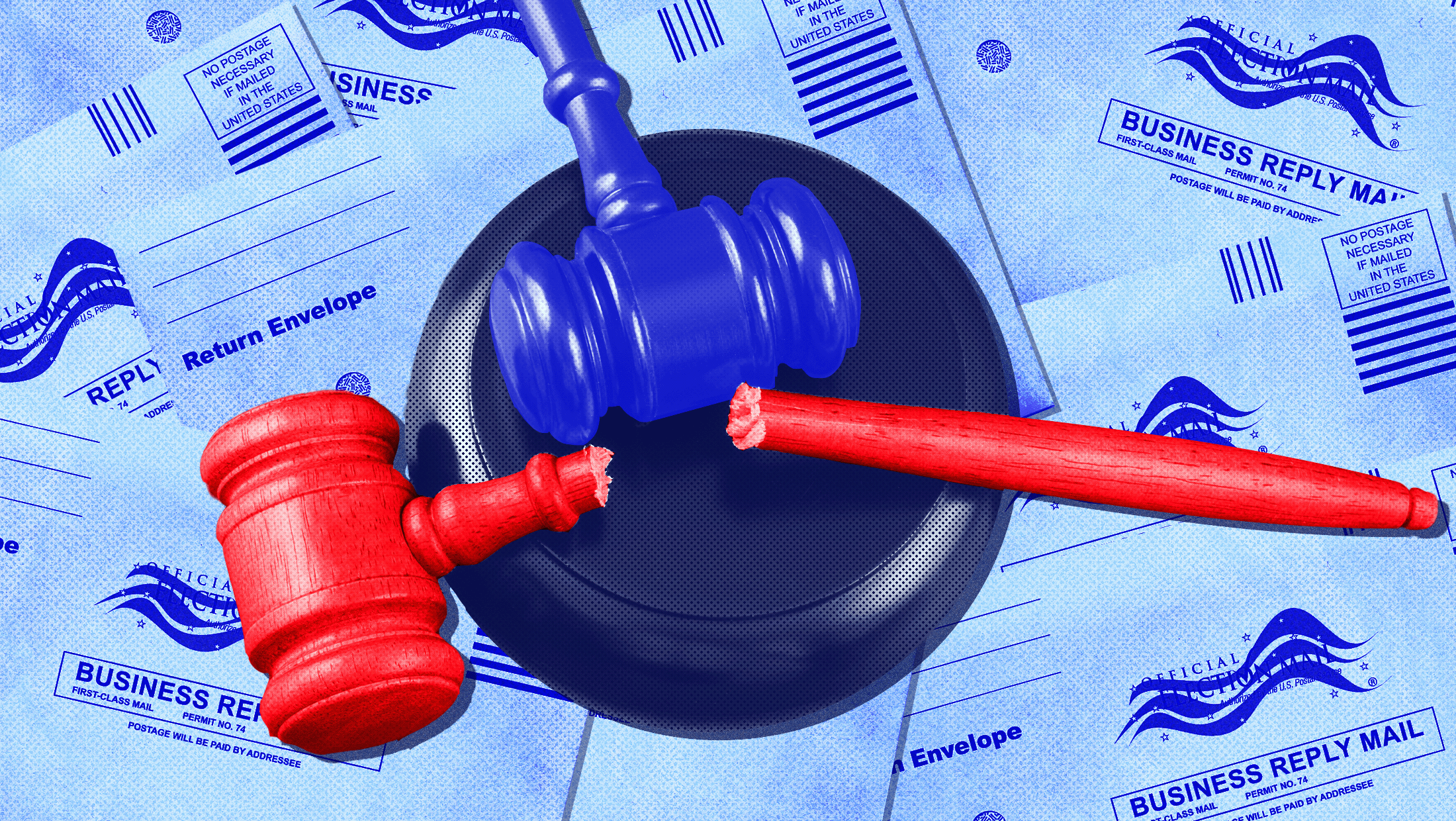
A Democracy Docket/Public Wise investigation identified 230 election-denying public officials running for reelection in state and local races this November.
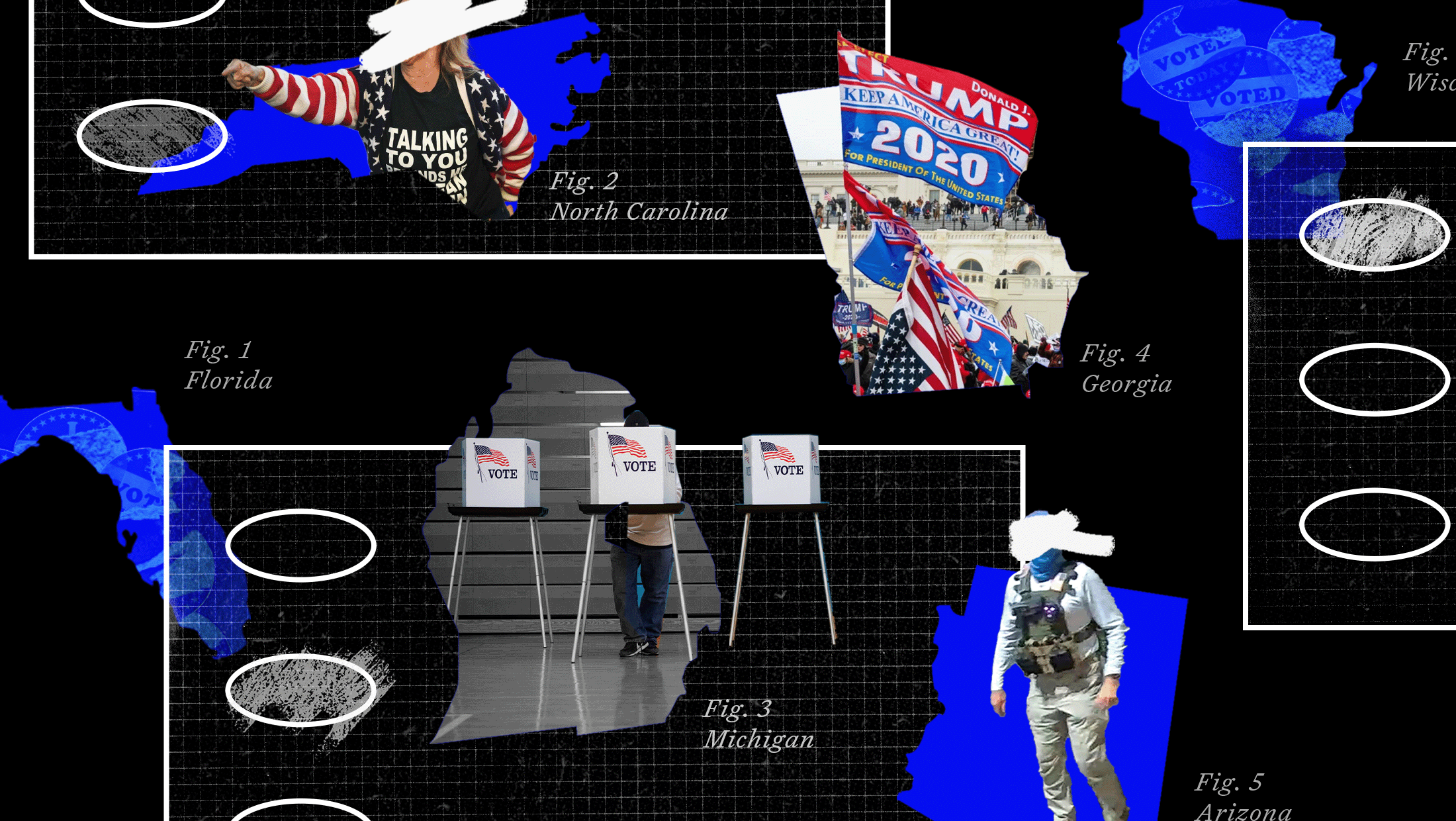
Judges and lawyers across the nation are vying for a seat on their state’s high court, a powerful role that can shape public policy statewide.
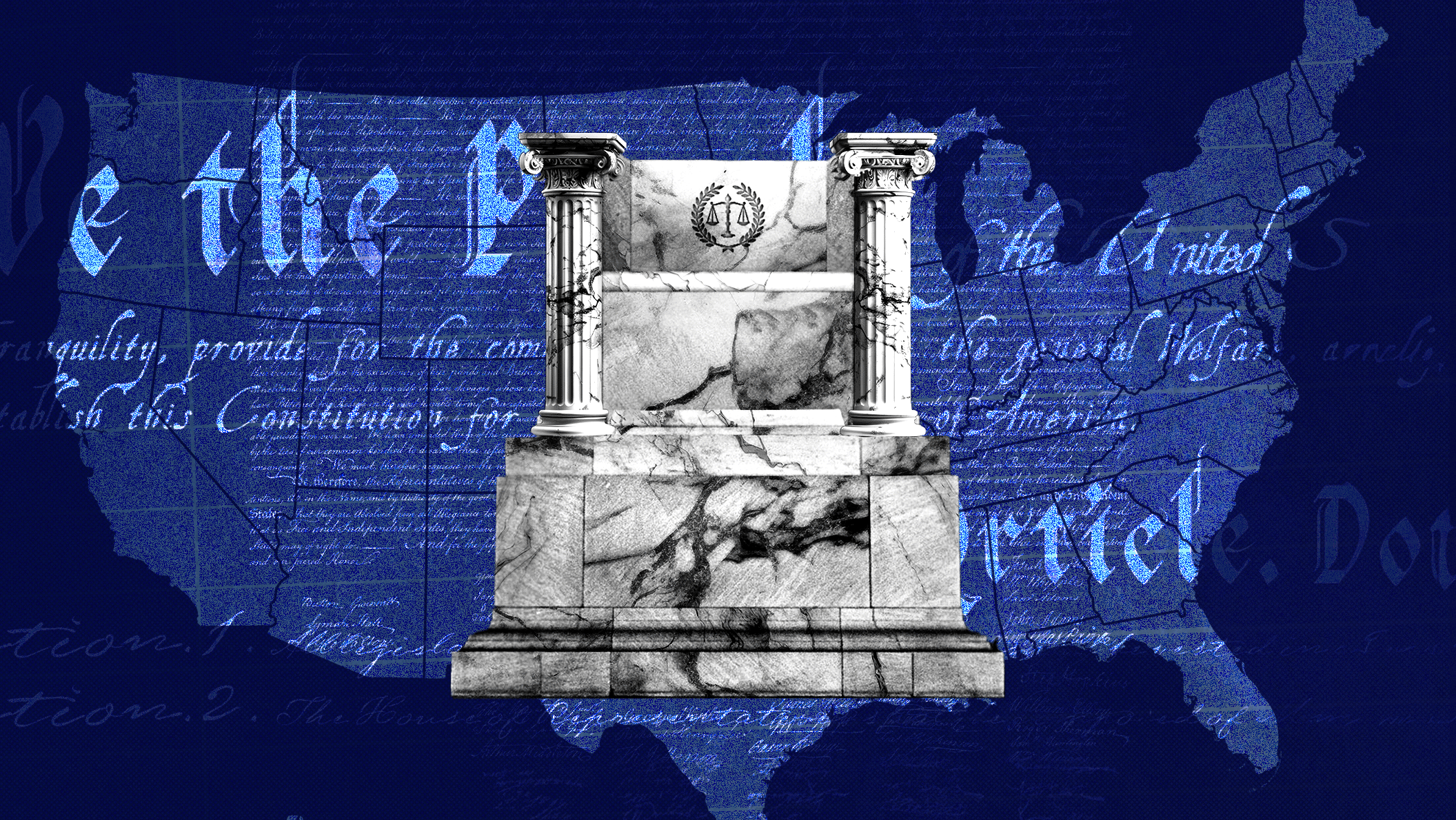
“The Georgia State Election Board is very frightening,” said Wini Cox, a member of the Georgia Democratic Party and former Fulton County board member.
